Decoding Sulfites in Wine: Separating Fact from Fiction.
- 2024-01-07 05:00:00
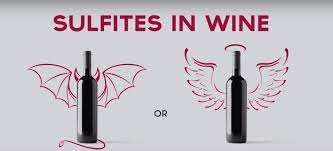
Sulfites, often mentioned on wine labels and the subject of much debate, are a natural byproduct of winemaking. While some consumers may have concerns about sulfites, understanding their role in wine production can help demystify this commonly misunderstood aspect of wine.
- What are sulfites?: Sulfites are compounds that occur naturally in grapes and are also added to wine as a preservative. They help prevent oxidation and microbial spoilage, ensuring that wine maintains its freshness and stability over time. Sulfur dioxide (SO2) is the most common sulfite used in winemaking, but other forms such as potassium metabisulfite may also be used.
- Are sulfites harmful?: Contrary to popular belief, sulfites are not inherently harmful to most people. In fact, sulfites are widely used as preservatives in many food and beverage products, including dried fruits, processed meats, and canned goods. While some individuals may be sensitive to sulfites and experience allergic reactions, such as headaches or respiratory symptoms, these reactions are relatively rare and primarily affect a small percentage of the population with pre-existing sensitivities or conditions such as asthma.
- Sulfites and wine allergies: It's important to distinguish between sulfite allergies and wine allergies, as they are not the same. True sulfite allergies are rare and typically manifest as respiratory symptoms, whereas reactions to wine may be caused by other compounds such as histamines, tyramines, or tannins. If you suspect you have a sulfite allergy, consult with a healthcare professional for proper diagnosis and guidance.
- Labeling regulations: In many countries, including the United States and European Union, wine producers are required to label wines containing sulfites with the statement "Contains sulfites." This labeling regulation helps consumers make informed choices and allows those with sulfite sensitivities to avoid products that may trigger allergic reactions.
- Reducing sulfite exposure: While sulfites are an integral part of winemaking, there are ways to minimize sulfite exposure for those who are sensitive. Look for wines labeled "low sulfite," "no sulfite added," or "organic," as these wines typically contain lower levels of sulfites compared to conventional wines. Additionally, aerating or decanting wine before consumption can help dissipate sulfites and reduce their presence in the finished product.
In conclusion, sulfites play a crucial role in winemaking as preservatives that help maintain the quality and stability of wine. While some individuals may have sensitivities or allergies to sulfites, these reactions are relatively rare and primarily affect a small percentage of the population. By understanding the facts about sulfites and wine, consumers can make informed choices and enjoy wine responsibly and safely.
Richard Parker, California
-
Recent Posts
-

Tequila, the elixir of agave, transcends mere libation to become a symphony of science, art, and alchemy. Join us on an expedition through the intricate world of tequila, where molecules mingle, flavors...
-
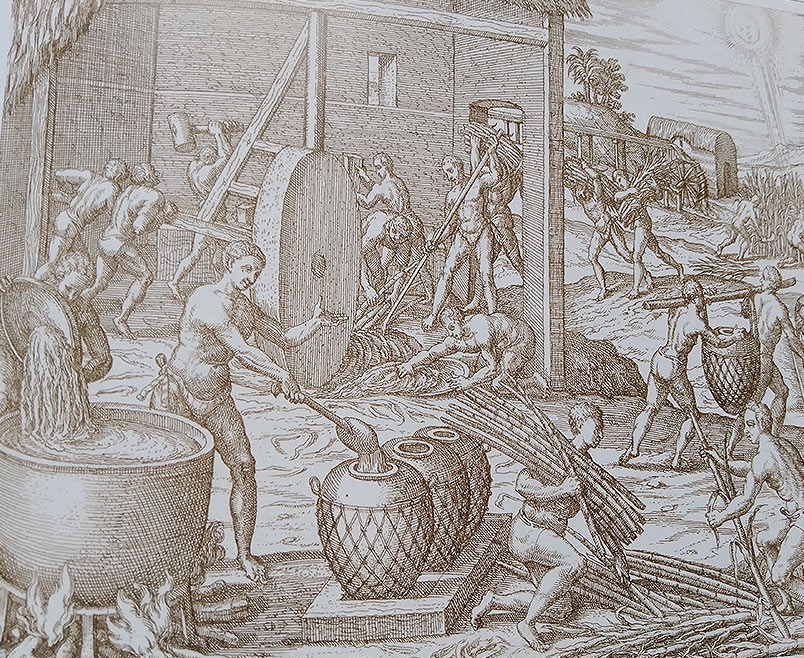
Rum, with its rich flavors and storied past, has woven itself into the tapestry of cultures and traditions around the world. From its origins in the sugarcane fields of the Caribbean to...
-
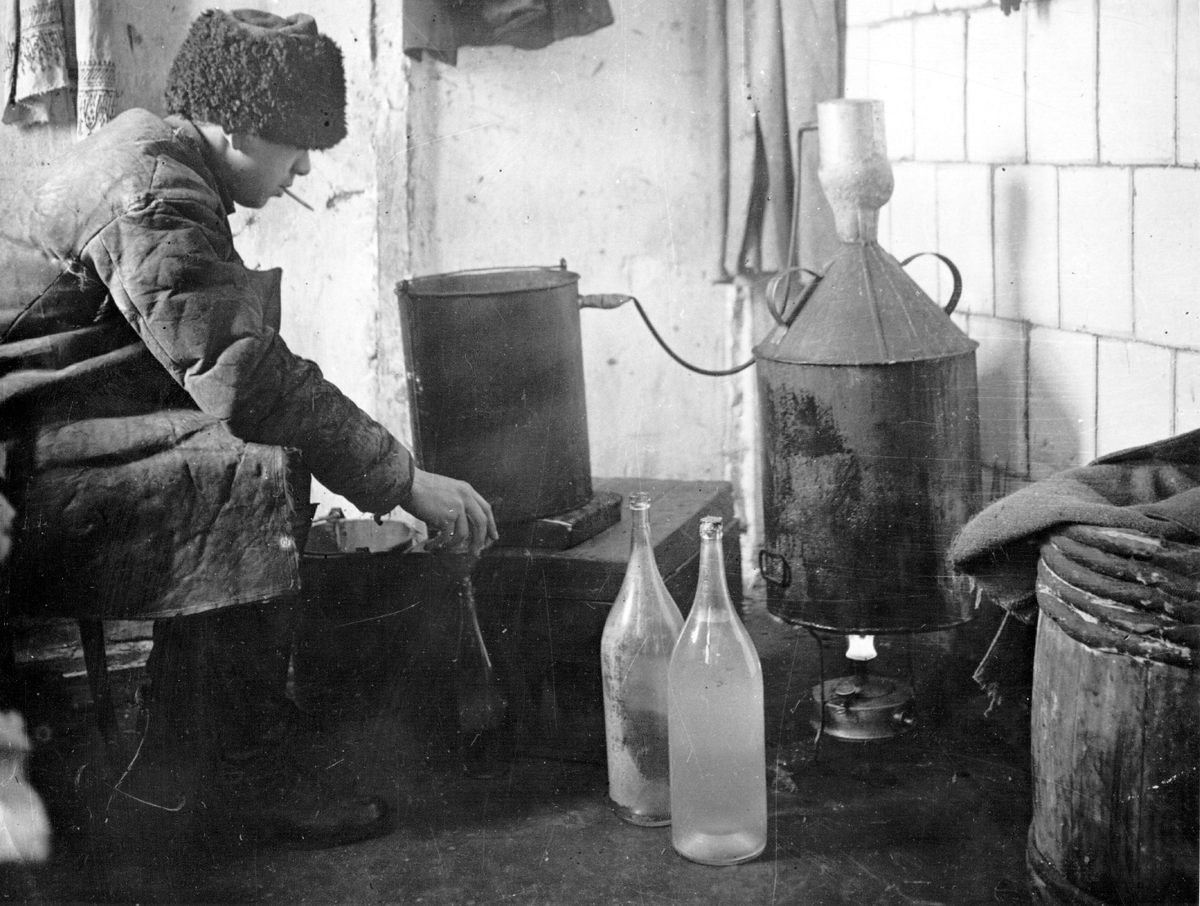
Vodka, with its clear, pure appearance and versatile nature, has a history as fascinating and diverse as the cultures that have embraced it. From its mysterious origins in Eastern Europe to its...
-

Whisky, with its complex flavors and rich heritage, has captured the hearts and palates of people around the world for centuries. From its humble beginnings in ancient civilizations to its global prominence...
-

Cider, with its crisp and refreshing taste, has a history as rich and diverse as the apples from which it's made. From its ancient roots to its modern resurgence, cider has been...
-
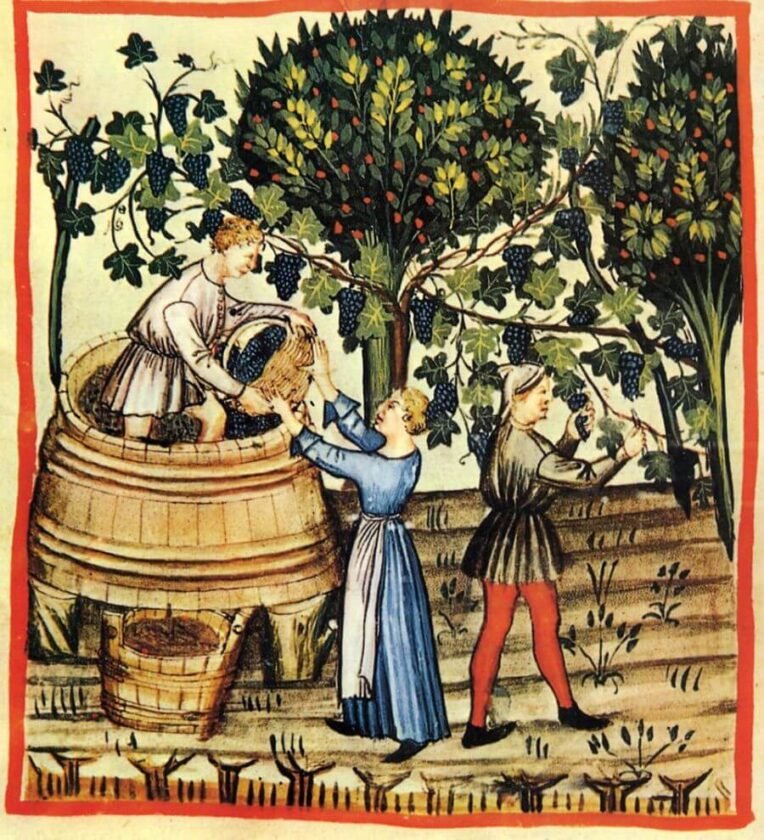
Wine, with its rich tapestry of flavors, aromas, and cultural significance, has been an integral part of human history for millennia. From its humble origins in ancient Mesopotamia to its global prominence...
-
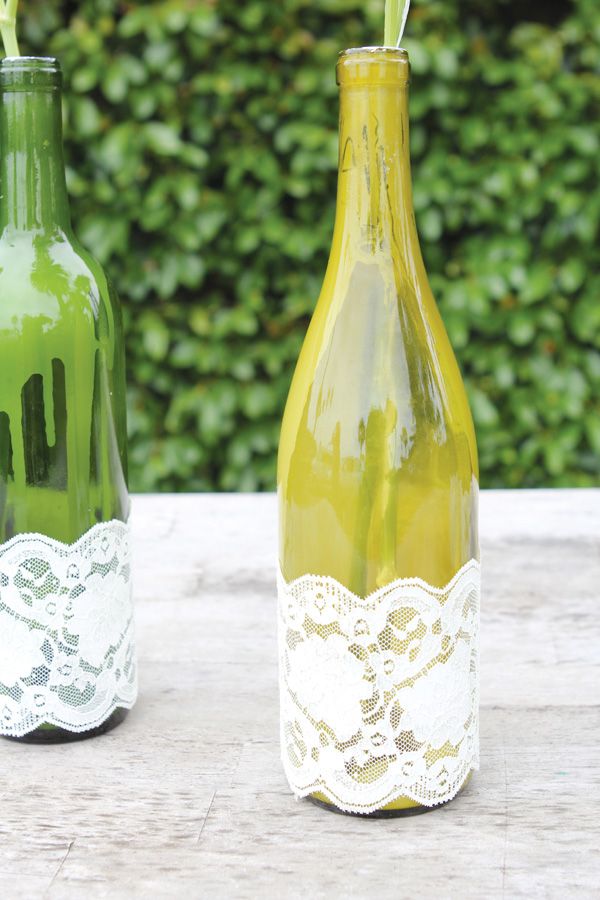
Wine isn't just for drinking—it's also a versatile and inspiring medium for crafting and décor. Whether you're looking to add a touch of wine-inspired charm to your home or seeking unique gift...
-

There's no better way to explore the world of wine than by gathering friends and loved ones for a wine tasting party. Whether you're a seasoned oenophile or a curious novice, hosting...
-

Wine, with its complexity and nuance, is a beverage cherished for its ability to delight the senses and evoke a myriad of flavors and aromas. However, like any agricultural product, wine is...
-
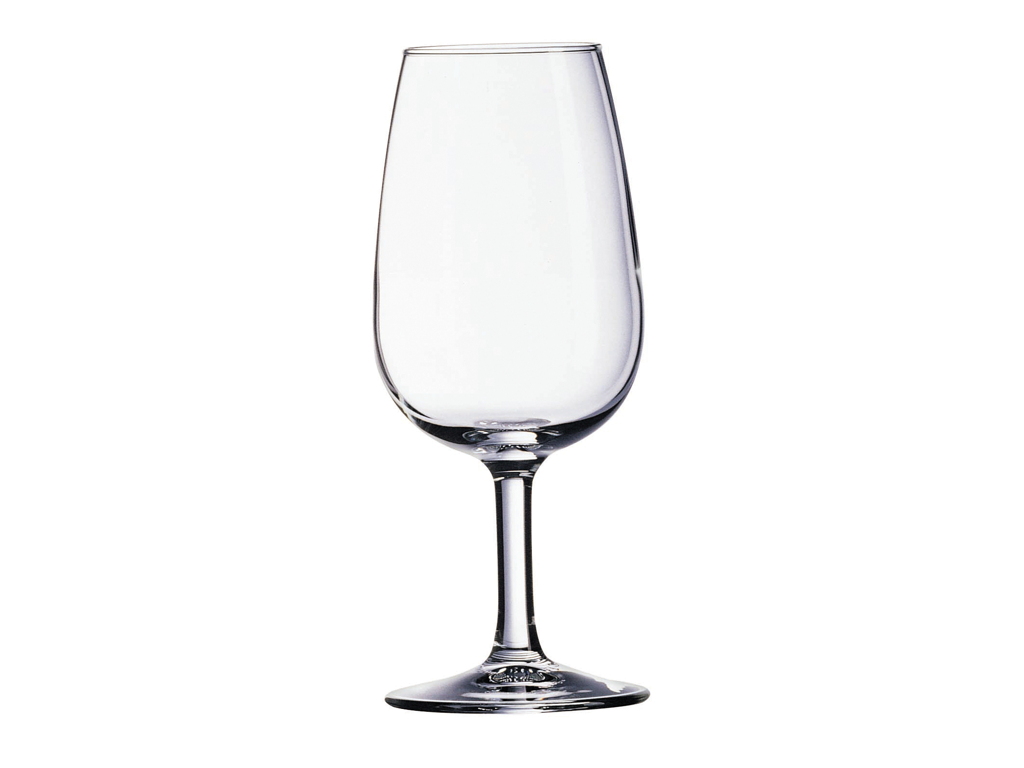
Selecting the right wine glass can significantly enhance your enjoyment and appreciation of wine, allowing you to fully experience its aromas, flavors, and nuances. With a wide array of shapes, sizes, and...
-

Nestled in the picturesque hills of the Veneto region in northeastern Italy lies the charming town of Conegliano, renowned as the birthplace of Prosecco and the epicenter of Italy's thriving sparkling wine...
-

Champagne, the quintessential sparkling wine synonymous with celebration and luxury, is crafted through a meticulous and time-honored winemaking method known as the Méthode Champenoise. From grape to glass, the journey of Champagne...